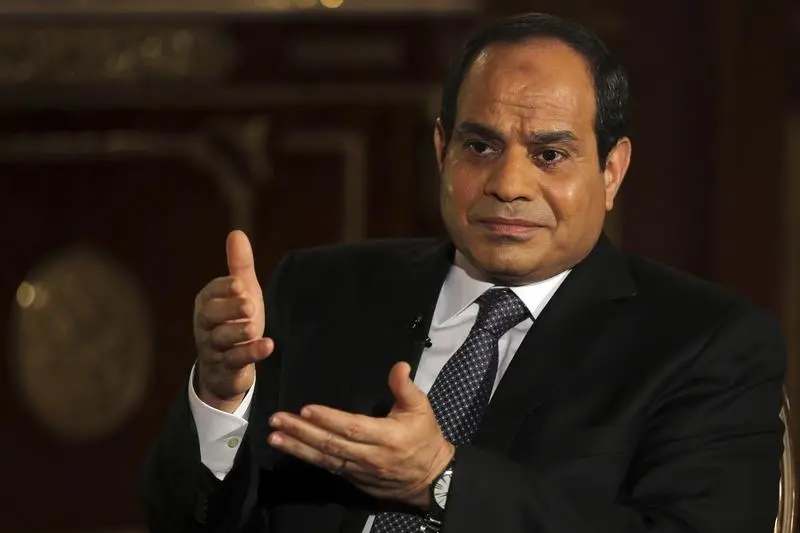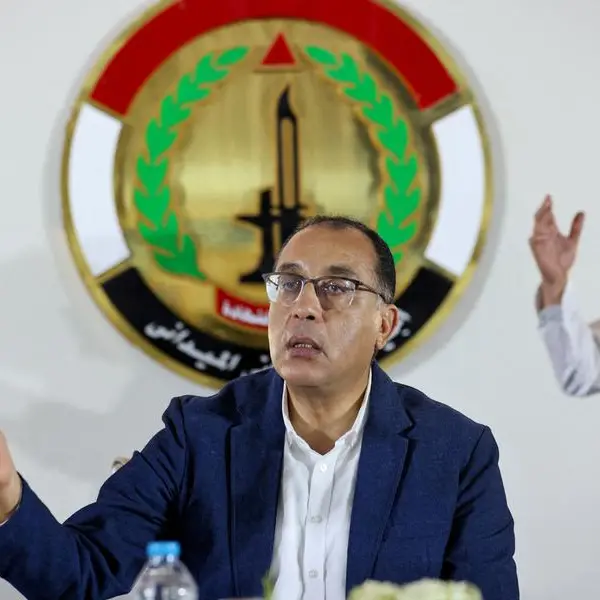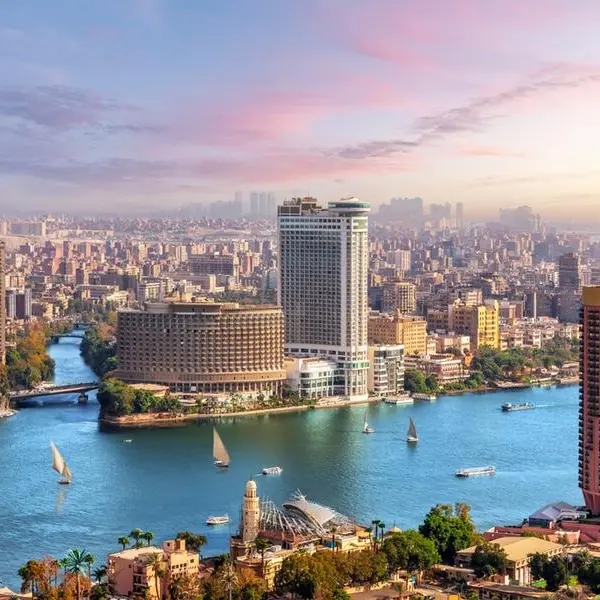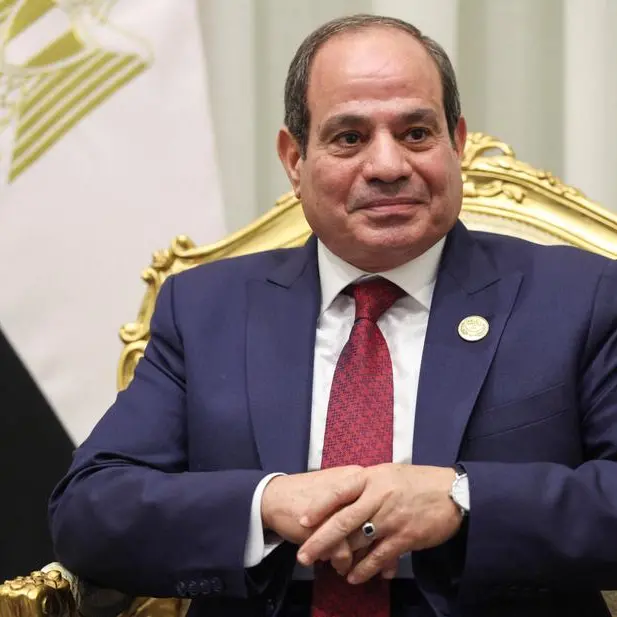PHOTO
Egyptian President Abdel Fattah al-Sisi was sworn in for his third term on Tuesday in the country's new capital, the largest of the mega-projects that have signified his rule while stretching the country's finances.
Sisi swept to victory in an election last December with 89.6% of the vote and no serious challengers. While his message of stability and security resonated with some voters with the war raging in neighbouring Gaza, many showed indifference, occupied with rising prices and considering the result a foregone conclusion.
Last month, Egypt allowed its currency to plummet after a $35 billion lifeline secured in a landmark deal with an Emirati wealth fund helped ease chronic foreign currency shortages that have hobbled imports and depleted reserves.
The move and the renewed commitment to extensive reforms including reducing the role of the state in business, paved the way for an expanded $8 billion deal from the International Monetary Fund.
Since Sisi became president in 2014, Egypt has embarked on an infrastructure splurge spearheaded by the military, which Sisi says is essential for economic development and to accommodate a population that has grown by 6 million since hitting the 100 million four years ago.
The $58 billion New Administrative Capital in the desert east of Cairo is the largest of the mega projects, which also include an expansion of the Suez Canal, extensive road building, and other new cities.
Critics blame such projects for contributing to Egypt's economic woes, saying they divert resources and increase Egypt's debt burden.
Though economic troubles threatened Egypt's stability, its global position has been bolstered by the Gaza crisis, in which it has served as the main conduit for aid and an initiator of ceasefire talks. Sisi, a former intelligence general, rose to power in 2013 after deposing of the Muslim Brotherhood's Mohamed Mursi, Egypt's only freely elected president.
Rights groups estimate tens of thousands of people including liberal activists as well as Islamists have been jailed since Mursi's ouster.
Sisi and his supporters say that stability and security and paramount, and that the state is working to provide social rights such as housing and jobs. (Reporting by Farah Saafan and Nafisa Eltahir Editing by Tomasz Janowski)




















